

Guangkai BIAN
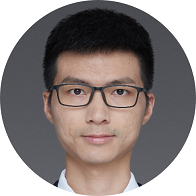
The research focus of Dr. Chen's lab is to understand and further program the fate of stem cells. Driven by this primary interest, they actively develop and utilize multidisciplinary technologies to address the methodologically inaccessible questions.

1) exploring the design principle in gene regulation, 2) developing genetic tools to control gene expressions, and 3) constructing systems based on model prediction.
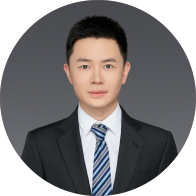
Yu CHEN

Focuses on developing the next generation of biological catalysts that can help meet the ever-growing need for new medicines and new materials, and the next generation of sustainable industrial processes using biology.
(小图).png)
Dr. Ho Chun Loong’s research focuses primarily on using synthetic biology and protein engineering to address various health and environmental issues. This includes establishing a platform where researchers could share their constructs and systematically amass these genetic constructs for protein engineering purposes.

Focos on developing quantitative models and synthetic biology tools to engineer microbial communities that play important roles in human health, agriculture and environment.
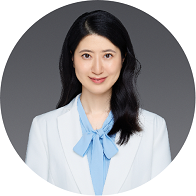
Engineered living materials and synthetic microbial consortia.

Focusing on the application of quantitative analytics and advanced instrumentation from physics and engineering to biological study, to facilitate our design ability of living system.
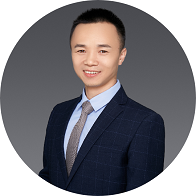
The regulation mechanism of epigenetic inheritance; Epigenetic inheritance regulation; The synthetic epigenome-related technologies.
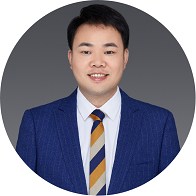
The Gao group is interested in exploring semiconductor-cell biointerface.
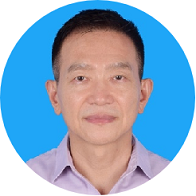
Basic and applied research on microalgae with special focus on molecular and cellular mechanisms of lipid and carotenoid biosynthesis. Microalgal biotechnology for food, feed and bioproducts,as well as for wastewater bioremediation,resource recovery and utilization.

Integrating approaches in genomics, computational biology and evolutionary biology to understand the clonal evolution in somatic tissue and cancer.
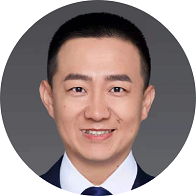
Research on synthetic biology methodology based on micro-nanometer and high-throughput detection and analysis technology
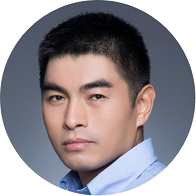
Wei HUANG
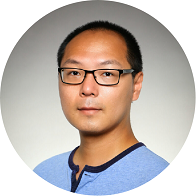
The Jiang Lab seeks to elucidate the biosynthetic pathways and biological roles of natural products related to human health and diseases.
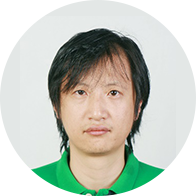
The current research interest of Prof. Jin is primarily in the area of methodology of quantitative and evolutionary biology.

Tumor Immunology, Synthetic Immunology, Single cell genomics, T cell biology

The role of chemical proteomics in synthetic biology and molecular pharmacology
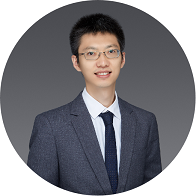
Dr. Li is interested in understanding the mechanisms underlying bacterial-based tumor therapies and the immune exclusion in cancer, by combining computational modeling and quantitative data analysis.
.jpg)
Focused on stem cell directed differentiation and has established a series of therapeutically useful cell types from pluripotent stem cells including mesenchymal stromal cells (MSC) ; Notochord and nucleus pulposus cells (NPC); Retinal cells; Lung cells; Immune cells and expandable Cardiomyocytes, etc.
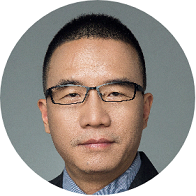
Zhanglin LIN
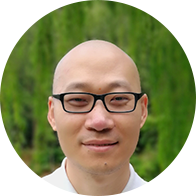
The research interest in his lab currently focuses on bacterial cancer therapy, bacterial cell cycle, and directed evolution.

Systematically investigate genome plasticity through evolutionary strategies

Mammalian and viral genetic circuit design and application in vaccine, gene therapy and tissue engineering
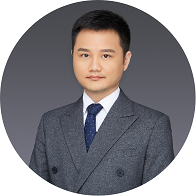
In the basis of big data machine learning and high-throughput automation approaches, explore the biosynthesis approaches of diverse natural products and their derivatives based on big data machine learning and high-throughput automation by combining various biochemical methods of genetic code expansion, directed evolution of enzymes, gene mining and metabolic engineering.

Focused on the non-coding genome using various systems. Particular interests include identifying functional non-coding regions during development and under disease conditions, dissection of non-coding genome function by genome redesign and synthetic genomes.

Our studies are supported by various grants more than ten million Yuan from Shenzhen government and Chinese National Science Foundation.

Nanobiosensors, Pseudovirus system, and Single-virus tracking.
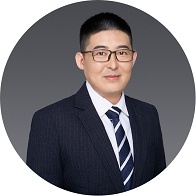
Focus on developing novel chemical tools or probes for nucleic acid biology.
.jpg)
Elucidation of molecular mechanisms underlying the auxin-mediated adaptive growth and developmental plasticity; Functional characterization of cyclic nucleotide monophosphates (cNMPs) in plant signal transduction; Plant synthetic biology.
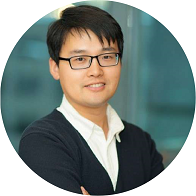
Development of new strategies and systems for studying virus infection, prevention, and control.
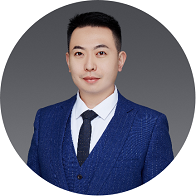
He is interested in integrating synthetic biology, robotic automation, and high-throughput analytical approaches to address grant challenges in human health and sustainablity via fundamental and applied research on biocatalysis and biosynthesis.
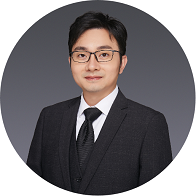
The Shi Lab will focus on systematically decoding signaling network of immune cells by interdisciplinary approach, including novel mass spectrometry technique, to design new synthetic immunology therapeutics.
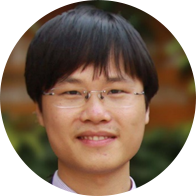
Organismic Interactions, Big Data Analysis, multi-omics Technologies, Chemical languages, Drug lead Discovery.
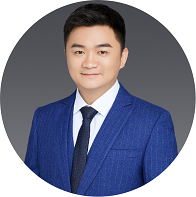
Major research directions include semi-artificial photosynthesis and microbial living functional materials.

Teng WANG
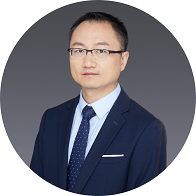
Quantitative cell signaling design, and development of gene and cell drug
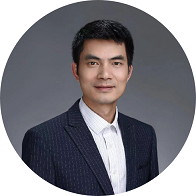
1. Ultrasound contrast agents and their applications in biomedicine;2. Ultrasound-controlled bacterial therapy

Email Address: zb.yang1@siat.ac.cn

Synthetic Evolution
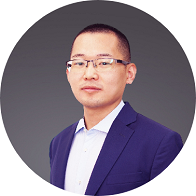
Synthetic metabolism or Metabolic rewiring, Evolution engineering and Metabolic engineering.

The goal of the lab is to develop effective treatments to solve clinical problems like trauma, inflammatory disease and organ transplantation.
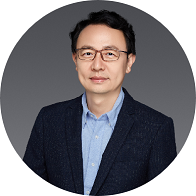
By integrating information technology and biotechnology, we aim to develop standards, algorithms, and processes of the synthetic biology infrastructure, and to achieve the full automation, intelligence and informatization of it.

Systems Biology

Using system biology and synthetic biology approaches, we investigate the mechanisms underlying the antifungal resistance and the pathogenesis of the human-associated fungi. We also study the interactions between the fungal and bacterial compartments of human microbiome, and their influence on different physiological and disease processes.
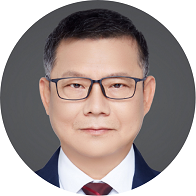
The research group is mainly engaged in DNA cloning and manipulation technology development based on Red/ET homologous recombination. The applications include microbial genome editing, discovery of microbial natural products, pathway engineering, heterologous expression and combinatorial biosynthesis.
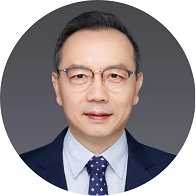
Develop novel computational and machine learning methods for accurate and efficient study of biological systems, including protein’s structure and function, protein-ligand binding, drug design, protein-protein interaction, protein design, enzyme design, simulation of enzyme reactions, etc.
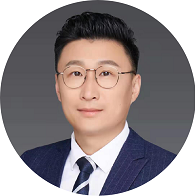
Rebuild plant metabolites biosynthesis pathways in plant-based systems.

Research field: Material Synthetic Biology. Our group’s main research interests include: 1) Living functional materials; 2) Semi-conductor synthetic biology; 3) Programmable biomaterials and applications in biomedicine, bioenergy and bioelectronics.
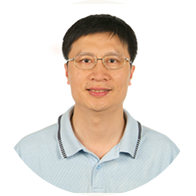
1. Mode of action of artemisinin; 2. Metal homeostasis and diseases in Drosophila models;
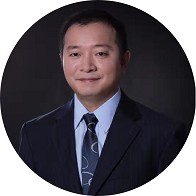
Natural product biosynthesis, structural enzymology, enzyme design